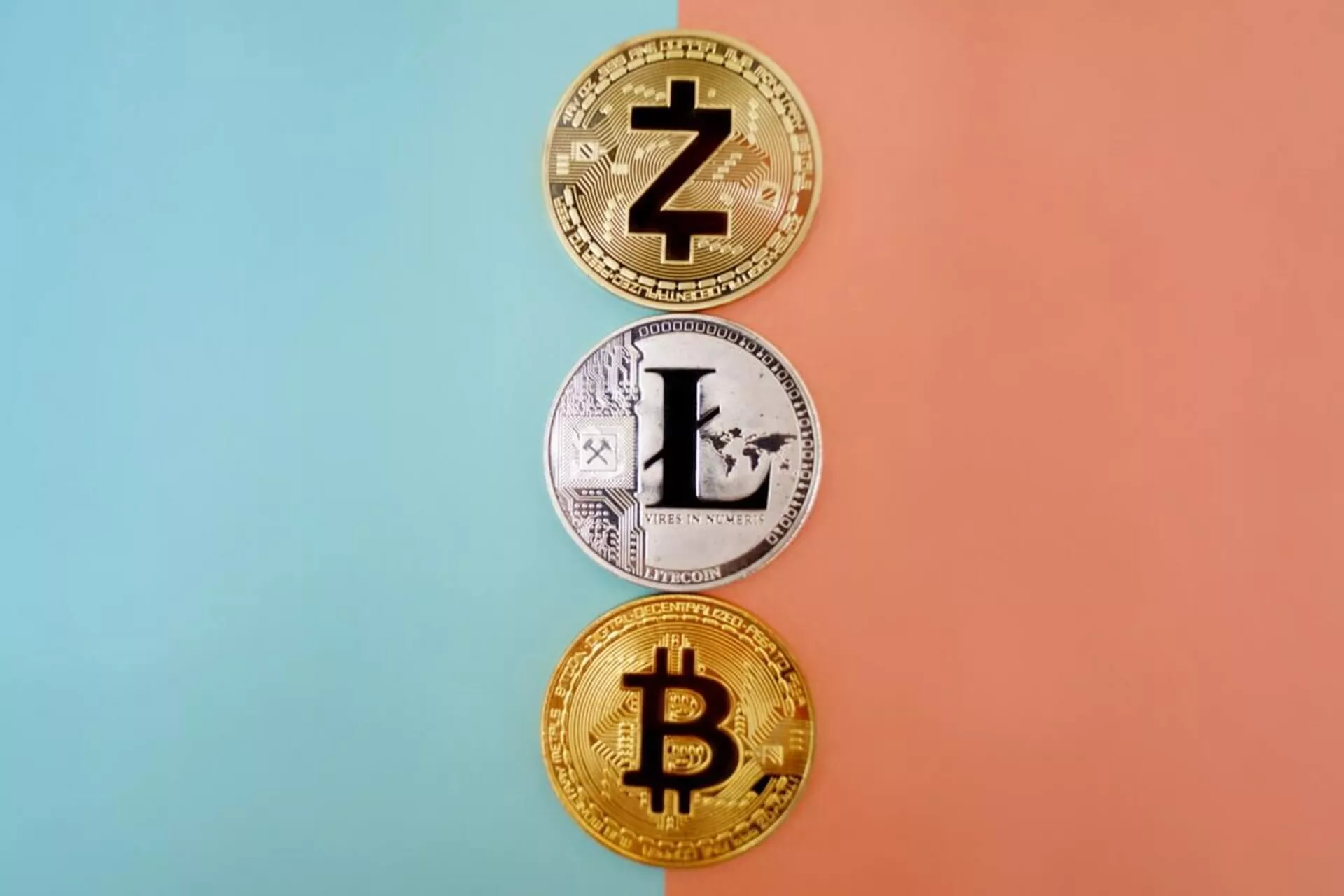
Bitcoin & Ethereum
The bitcoin concept
Bitcoin is a digital payment system. Like any other payment system, a ledger must be kept to know the balance of each user. In the current banking system, banks hold a centralised ledger. To send money to someone, one must make a bank transfer. This transfer is approved by the bank on the basis of the amount held by the client on its ledger.
Centralisation offers many benefits, in particular it introduces a trusted third party (the bank and the banking system). But it also has shortcomings: the bank counterparty risk (2008 crisis), transactions are visible to third parties (governments), it is difficult to carry out transactions in under-banked areas… Against this background the idea of Bitcoin was born in 2009:
- Unlike the banking system the Bitcoin ledger is decentralised
- Each member of the Bitcoin network has a copy of the ledger
- Each Bitcoin transfer is approved by the network and updated in the shared ledger.
The ledger is protected by this same decentralisation: it is shared and kept by all participants at all times thanks to the blockchain technology which is based on a powerful encrypted protocol. This encryption makes it difficult to change and reduces the risk of forgery or fraudulent transfers.
Its detractors
Since its creation Bitcoin has generated increasing curiosity, but also concerns. It has many detractors and they regularly highlight the following risks:
- Bitcoin’s speculative nature: even if the use of Bitcoin is growing regularly (it is accepted by more than 20 000 merchants in Japan for instance), few goods and services have prices labelled in Bitcoin and it is difficult to assess its value.
- The unregulated nature of Bitcoin: transactions evade regulations and can be used to bypass foreign exchange controls, to evade taxes and to finance illegal activities…
- Bitcoin’s future: the limited use of Bitcoin does not guarantee its future. Because there are now more than 1000 crypto-currencies, Bitcoin could lose its status and be replaced by other crypto-currencies (more efficient, better regulated…).
Governments
The economic and financial power of States partially relies on their monetary monopoly: official currency, money supply, interest rates, financial regulation…
The growth of a decentralised virtual currency such as the Bitcoin might be a threat to State authority (capital controls, difficulty to tax …).
Therefore, while Bitcoin is more largely used – at the risk of competing with official currencies – it is likely that governments will strongly resist and attempt to regulate and control it. China was in September 2017 the first country to react, banning crypto currency trading platforms in the country.
From Bitcoin to Ethereum
While Bitcoin is just a payment system without any intermediary (and without regulations), Ethereum offers a global ecosystem of decentralised goods and services linked to an exchange currency with no constraints until now.
To use a metaphor, the ecosystem of Ethereum applications is like a global fairground with a series of decentralised applications and services comparable to merry-go-rounds and restaurants; the Ethereum (ETH) provides the money of reference for this ecosystem, just like the tokens used for the merry-go-rounds and restaurants.
The Ethereum ecosystem was deployed in 2015. Since then, a great number of start-ups have developed decentralised applications (“dApps”). There are for instance decentralised banks offering borrowing and lending services without intermediaries, applications predicting events or markets, governance services to manage organisations.
Unlike Bitcoin which has no intrinsic value (the value of Bitcoin mainly depends on participants’ trust), the value of Ethereum depends on the number and quality of services and applications developed and used. Because of this, its exchange value is less speculative.
There are approximately ten trading platforms that convert Euros or US dollars in Bitcoin or in Ethereum. We would nevertheless like to point out that digital currencies are extremely volatile. Do not invest any money until you are well informed and understand how these new systems work and what the risks are.
(*) The value of bitcoin was multiplied by 7 in 2017 (from 1000$ to 7000$ approximately). Ethereum’s value was multiplied by 33 over the same period (from 9$ to more than 300$) - Source : www.coinmarketcap.com




